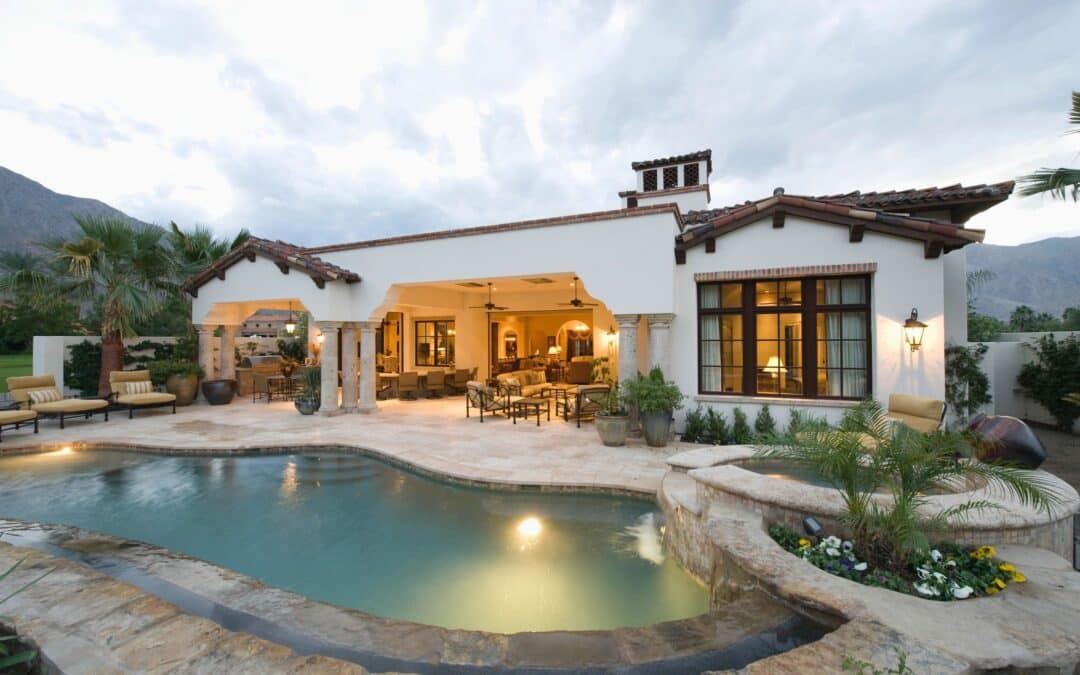Owning property is one of the best investments you can make as it is a hard asset that can make an income, benefit from capital gains and even provide you shelter. Combining the desire to own a vacation home with an investment vehicle is something many people consider as it would seem this strategy adheres to the classic adage “to kill two birds with one stone.”
There are a few things that you should consider before picking up that stone as along with the benefits, there are a few drawbacks to this approach. Here are three things real estate investors should consider before combining real estate investing with their dream vacation property.
Renting Your Vacation Investment Property
When buying a vacation property, many assume they will be able to help finance the property through rental income they receive on it. However, not all vacation destinations attract visitors throughout the year so there may be some periods where the property will struggle to collect regular income. Finding a location and property with minimal seasonal effect is important if the primary goal of the property is to collect income when you aren’t using it.
Another consideration of renting is dealing with and/or having tenants utilizing your property. While property management companies can assist with the functioning of the property, it’s up to the landlord to handle regular maintenance and by having tenants, there is additional wear and tear on the property that you will likely need to address on a regular basis.
Recurring Expenses of a Vacation Investment Property
Once you plug your hard earned (or borrowed) cash into an illiquid asset like real estate, there are also regular expenses that will affect your finances once you have the property.
Property Taxes
Property taxes vary by state, with Hawaii having the lowest at just 0.30% and New Jersey boasting the highest at 2.42%. The value of your home determines how much property taxes you will pay, so make sure not to leave this out of your financial calculations when weighing the pros and cons of buying in certain locations and what value of home you can afford.
Insurance
Oftentimes, your primary homeowners insurance does not cover a vacation home and you will need to purchase a secondary policy. Furthermore, if you do plan to rent out the home when you are not utilizing it, additional insurance may be required. Finally, as many vacation homes are located near bodies of water, you may want to provide your home an additional layer of protection in the form of flood insurance if not already covered in your primary policy on the home.
Utilities
If taking on renters is not part of your vacation home plan, utility costs could be relatively low. However, if planning to receive rental income from short term rentals, utility costs should be a consideration as it is difficult to pass these expenses to the renter when they are only utilizing the property for a short time.
Property Management Fee
If electing to go with a property management company to handle tenants, you can expect them to take 8 – 12% of your monthly income on the property.
Limiting Vacation Options
Purchasing a vacation home could save you money in the long run, but only if you use it regularly. Owning a vacation home somewhat limits your ability to travel elsewhere as you will be more inclined to utilize the property instead of traveling to a location where you will have to pay for accommodation. This could be a great idea for people who are ready to settle down, but not so great for those who have aspirations to travel far and wide.
Do you have dreams of owning a vacation home with the perfect property already in mind? Learn more about our hard money loan services today or pre-qualify in minutes and get on the path to owning your dream home!


